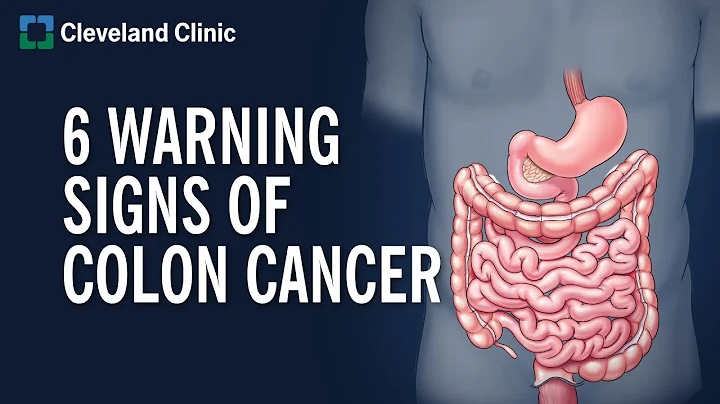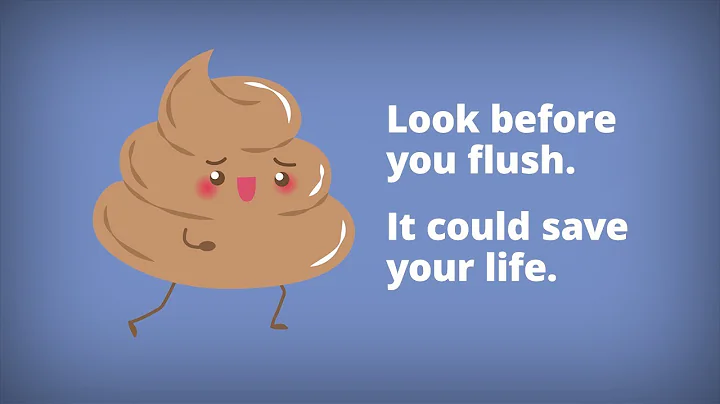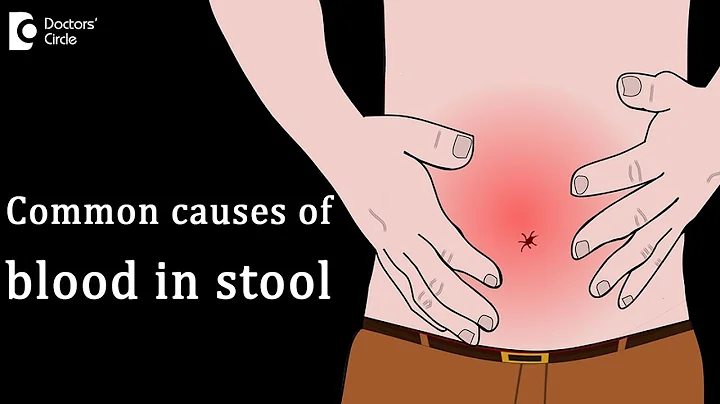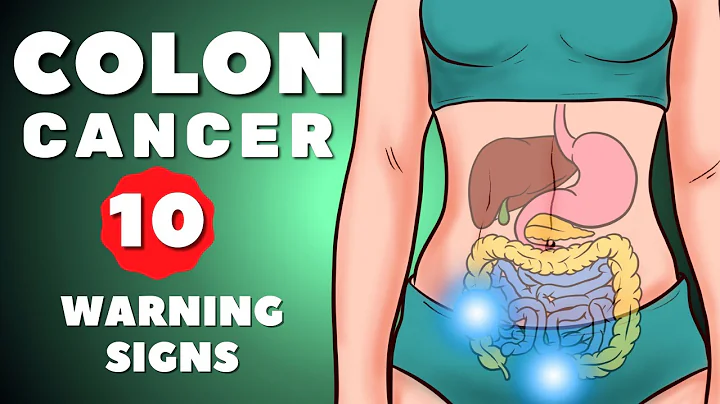Blood in the stool is one of the common symptoms of rectal cancer . Because the tumor itself is rich in malformations of the vascular structure, bleeding often occurs, which is also the main cause of blood in the stool. In addition, patients with rectal cancer who have blood in their stools must rule out bleeding caused by hemorrhoids, rectal polyps, anal fissures, etc. If blood in the stool appears again despite improvement, the possibility of radiation enteritis cannot be ruled out.
Content points:
1. Can hemorrhoids become cancerous?
2. Nursing instructions for patients with rectal cancer

After radiotherapy is completed, regular review is required to eliminate the possibility of recurrence. The specific situation must be judged by the doctor based on the patient's actual condition and relevant examinations, and timely and effective treatment and processing must be carried out. If a patient with rectal cancer bleeds in the stool after radiotherapy, the patient should not be nervous. It does not necessarily mean that the tumor has recurred. He should go to the hospital for a comprehensive examination in time to clarify the cause of the bleeding and provide timely treatment.
1
Can hemorrhoids become cancerous?
Many people have misunderstandings about hemorrhoids, and even think that hemorrhoids can cause cancer. Intestinal cancer does not evolve from hemorrhoids. It starts from benign polyps , grows larger over time, and finally transforms into cancer. Some people think it's hemorrhoids when they first see blood in their stools. It often takes a long time before they find out it's bowel cancer, and they mistakenly think hemorrhoids will turn into cancer. If persistent blood in the stool occurs, seek medical attention promptly.

2
Nursing instructions for patients with rectal cancer
1. Diet
2 to 3 days after surgery, the gastrointestinal tube can be pulled out after gastrointestinal motility has recovered, anal exhaust or colostomy is opened. The gastric tube can be taken out. Eat a small amount of liquid first. If there is no discomfort, change to semi-liquid. As for diet, a low-residue diet should be adopted 1 week after the operation, and a low-residue diet should be adopted after 2 weeks.
2. Activities
While the patient is in bed, the patient can be encouraged to turn over in bed and move his limbs; on the first day after surgery, if the patient's condition permits, the patient can be assisted to get out of bed and move to promote the recovery of intestinal peristalsis, reduce abdominal distension, and avoid intestinal adhesions. Pay attention to protect the wound and avoid pulling it during activities.
3. Postoperative care of enterostomy
(1) After surgery, pay attention to the blood supply and retraction of the stoma.
(2) The criteria for selecting ostomy products should be light, transparent, odor-proof, leak-proof and protect the surrounding skin, and should be suitable for patients to wear.
(3) Keep the skin around the enterostomy clean and dry. Patients who take antibiotics, immunosuppressants and hormones for a long time should pay special attention to fungal infections at the enterostomy site.

The 5-year survival rate of rectal cancer after surgery is 50% to 60%. The main reasons for treatment failure are local recurrence and distant metastasis. Local recurrence may be a major factor in recent mortality after rectal cancer surgery, and surgery can be debilitating. Recurrence and metastasis of rectal cancer are mainly due to the formation of new blood vessels and lymphatic vessels in the tumor. Tumor cells migrate to discrete lymphatic vessels, which also indicates the possibility of early recurrence and metastasis of the tumor. It also reminds that after surgery, it is still necessary to cooperate with other treatments to reduce the possibility of recurrence and metastasis.
recommends the use of microecological therapy, supplementing Bacteroides fragilis BF839, to help the body relieve the toxic side effects of radiotherapy and chemotherapy, inhibit the growth of tumor cells, and reshape the autoimmune microcirculation. In a normal healthy human body, Bacteroides fragilis BF839 accounts for more than 32% of the total bacteria to maintain the balance of the human body's microenvironment . Bacteroides fragilis BF839 can inhibit tumor growth, balance the immune system, and remove antibiotics from the body. It originates from the human body and has no toxic side effects.
I am Tan Taofeng, director of the Department of Nutrition. I focus on sharing knowledge about medicine and cancer rehabilitation. If you have any questions or need anti-cancer recipes, please follow and leave a message. I will answer all questions.





















